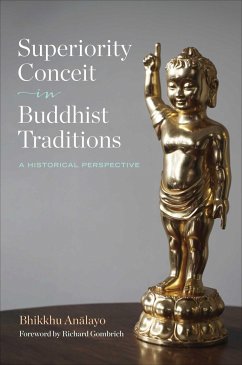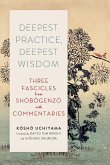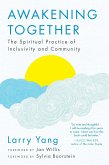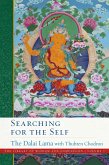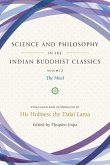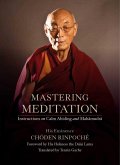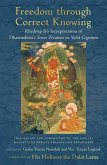"In this thoroughly researched but accessibly written book, the respected scholar-monk Bhikkhu Anåalayo explores-and sharply criticizes-four examples of what he terms "superiority conceit" in Buddhism: the androcentric idea that women are not suitable for monastic roles and less capable of becoming advanced bodhisattvas the Mahayana notion that those who don't aspire to become bodhisattvas are inferior practitioners the Theravada belief that theirs is the truest, most original expression of the Buddha's teaching the Secular Buddhist opinion that Buddhism is best practiced divorced of ritual and dogma Armed with his rigorous examination of the canonical records, Ven. Anåalayo challenges the scriptural basis for these conceits and points out that adhering to such notions of superiority is not, after all, conducive to practice. "It is by diminishing ego, letting go of arrogance, and abandoning conceit that one becomes a better Buddhist," he reminds us, "no matter what tradition one may follow.""--
Hinweis: Dieser Artikel kann nur an eine deutsche Lieferadresse ausgeliefert werden.
Hinweis: Dieser Artikel kann nur an eine deutsche Lieferadresse ausgeliefert werden.

